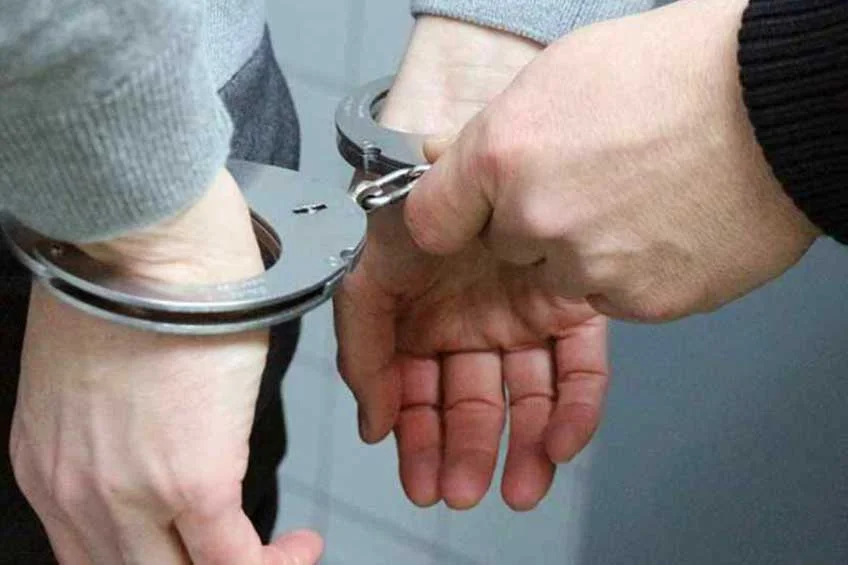What Rights Does a Juvenile Have After Getting Arrested?

What You Need To Know About Juvenile Arrest
If your minor child has been arrested for a crime, your life can quickly be turned upside down. It’s important to understand your child’s rights so you can advocate for your child with the help of a criminal defense lawyer and get your child the support they need during this difficult time. Here’s what you should know about juvenile rights after an arrest.
The Right to Remain Silent
When a juvenile is arrested, they have the right to remain silent and plead the 5th Amendment to avoid self-incrimination.
The Right to Confidentiality
Unlike adult charges, juvenile criminal cases are not public information. The name of a juvenile charged with a crime cannot be released to media or other parties unrelated to the case.
The Right to a Phone Call
Juveniles have the right to make a phone call after being arrested. The phone call can be to a parent or guardian, who calls an attorney for the juvenile, or directly to an attorney.
The Right to an Attorney
A juvenile in police custody has the right to request legal counsel and if they cannot provide legal counsel, it will be provided to them by the state. If police deny a juvenile’s request to speak with an attorney or even to their parent or guardian, anything during the interview may be considered inadmissible in court.
The Right to Be Notified of Charges
Juveniles have the right to be notified of the charges against them.
The Right to Beyond a Reasonable Doubt
Like adults, juveniles have the right to have the case against them proven beyond a reasonable doubt.
What Rights Don’t Juveniles Have?
There are some rights that juveniles do not have after an arrest. For example, a juvenile does not have the right to seek bail, nor do they have the right to trial by jury. Juveniles may not need bail if they are released to a parent or guardian before the arraignment, and trials by jury may undermine a juvenile’s right to confidentiality. .
Contact a Maryland Juvenile Criminal Defense Attorney Today
Often, harsh punishment isn’t appropriate for juveniles who commit crimes. In cases where a lack of evidence to prove innocence exists, charges may be reduced or even dropped and penalties exchanged for counseling, community service, and other forms of rehabilitation.
To protect the rights of your child after they are arrested for a crime, don’t wait to contact a lawyer. Britt Criminal Defense is an experienced Maryland law firm ready to serve you. Call now at (443) 614-6881.
